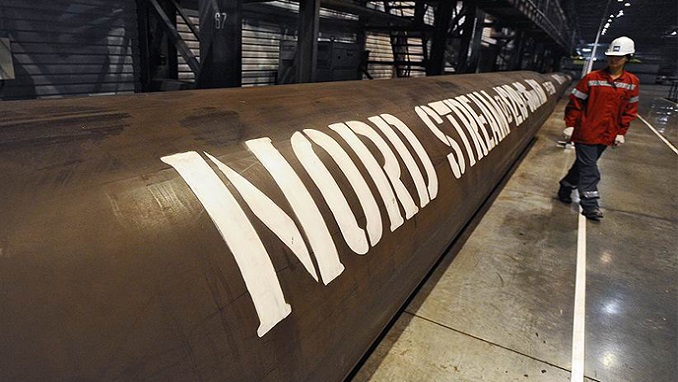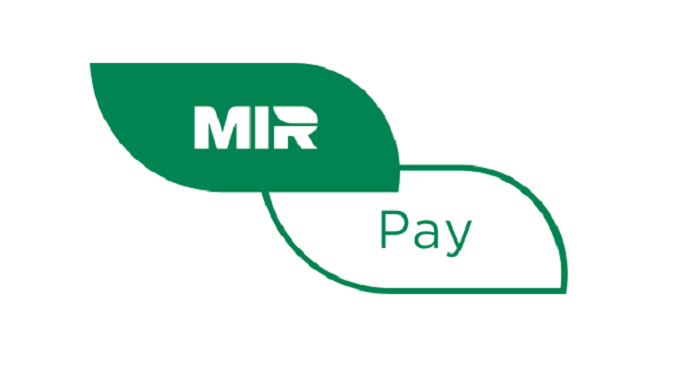A bipartisan proposal to expand U.S. sanctions on the Nord Stream 2 pipeline was introduced in Congress in early June, with Russia slamming the restrictive American measures as a violation of international law, Sputnik International reported.
The U.S. House of Representatives has approved an amendment to the National Defense Authorization Act (NDAA), stipulating the imposition of new sanctions on companies involved in the construction of the Nord Stream 2 gas pipeline.
The move followed Vice President of the European Commission Josep Borrell’s statement last week that the EU opposes the use of sanctions by third countries against “European companies carrying out legitimate business”.
“Moreover, it [the EU] considers the extraterritorial application of sanctions to be contrary to international law. European policies should be determined here in Europe not by third countries,” Borrell pointed out.
Russian Foreign Ministry spokeswoman Maria Zakharova rejected the new sanctions as a form of “political pressure” aimed at “ensuring unfair competition” against Moscow.
“This is an indicator of the weakness of the American system. Apart from strong-arm tactics, they do not have any other effective tools,” she underlined.
The U.S. has long opposed Nord Stream 2, claiming that it would grant Moscow political leverage over Europe by increasing the latter’s dependency on Russian gas. Pressure was allegedly imposed on Germany, a key member of the project, despite Berlin vehemently insisting that Nord Stream 2 is purely economic in nature.
Moscow says that Washington’s sanctions will not derail the project’s implementation, adding it views such actions as a manifestation of unfair competition that runs counter to international law.
When completed, the pipeline will be capable of transiting up to 55 billion cubic metres of gas per year from Russia to Germany, thereby doubling the capacity of the existing Nord Stream network, and turning Germany into a gas hub.



